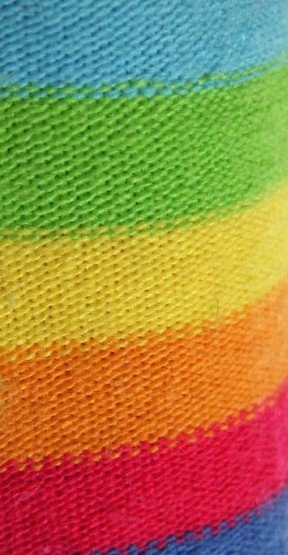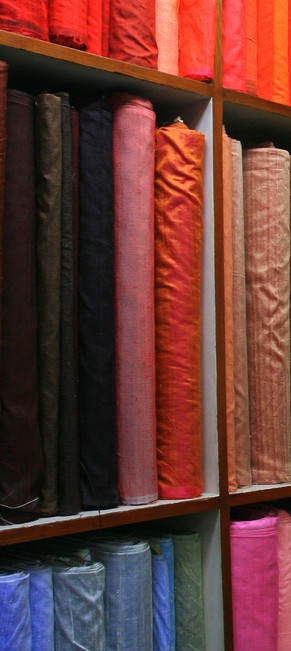Treatment for Textile Industry
| WATER TREATMENT FOR TEXTILE INDUSTRY Over the years Rochem has mastered the application of direct recovery of >85% of RO permeat from the dyeing and washing stream without any conventional ETP treatment and the treatment of the pre and post dyeing with primary treatment. Due to this, the majority can be treated without ETP and also sludge generation from ETP reduced. FEATURES
|
 | TEXTILE UNIT Backgroud: A factory expansion resulted in higher effluent generation which needed a compact treatment scheme to achieve zero discharge. Plant installed: Two stage Rochem PF-RO System (Microprocessor controlled, fully fail safe and unattended operation). Input: 800 cum/day of raw untreated waste water as input
Plant Performance
| |||||||||||||||||||||||||
Salient features The installation was considerably reduced the ETP footprint which would have otherwise been required for treatment of the total volume of 1600 m³. the total capacity is currently under expansion to handle the total effluent generated of 1600 m³/day. | ||||||||||||||||||||||||||

